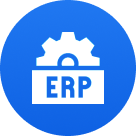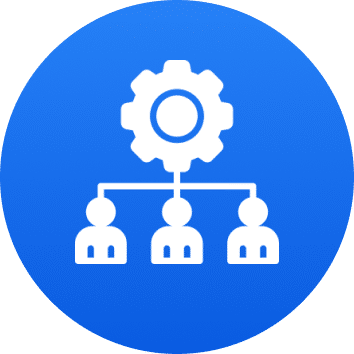
Executive Summary
CellBeans Healthcare Informatics has worldwide experience In delivering End-to-End Solutions to Healthcare Providers of different capacities and specialties. CellBeans serve the Government and Private Hospitals, Diagnostic Centers, Nursing Homes, and Medical Teaching Institutes. CellBeans Healthcare team of experienced healthcare domain knowledge professionals focus on Technology and Engineering solutions to deliver optimum solutions to our client’s Continuous Research & Development helps us bring newer and appropriate solutions to our
esteemed customers and after-Sales support has helped CellBeans Healthcare gain their trust & confidence. They have control over these services- Modality worklist, HIS / PACS integration, CBHI focuses on turn-key hospital projects, Interoperability.
Challenges:
CellBeans Healthcare wants to change its whole application development process with AWS. CellBeans Healthcare wants to implement all the application development processes automated, as CellBeans Healthcare has its own setup and they want the exact same setup over the cloud. CellBeans Healthcare has some application and they want to host that application as Docker container and that container should scale automatically. CellBeans want to implement this all on AWS using, ECR. ECS-Farget, Github, Code-build, code-deploy. If CellBeans were not reached out to AWS so he will not able to accomplish this task.
Partner Solution:
Teleglobal International approached the innovation project with CellBeans in four distinct phases. First, the team focused on the previous structure of CellBeans and applications, app servers, ELB, containers, DNS, pushing docker images to ECR Next, the team moved on to methodology and model selection Then Teleglobal International refined the modeling process. Finally, Teleglobal International Infrastructure and established the model as per the requirement.
AWS CodePipeline is an Amazon Web Services for CI/CD of applications hosted on various AWS platforms. It automates the software deployment process allowing a developer to quickly model, visualize, and deliver code for new features and updates. Our CodePipeline is consisting of three different stages:
Source: We are using GitHub as a source code repository. This step checks for any changes on a specific branch (configured while creating this step) and pulls the
code changes.

Build: This stage uses the codebase available after running step 1, builds the docker image, and pushes it to the ECR.
Deploy: This stage is responsible to deploy the latest docker image to AWS ECS (Fargate) service. It creates a replica of the old ECS task and runs it parallel with the old one. If the deployment fails due to any reason, it stops the new task but the old task remains up. If everything goes well, it triggers a health check on a new task,
and on success, it stops the old task.
The benefit of using an AWS CodePipeline for an AWS ECS service is that the ECS service continues to run while a new Docker image is built and deployed. So the user will not be facing any downtime in between.
About Teleglobal International
Teleglobal International customized Cloud computing solutions for business flexibility and increases productivity which ultimately leads to higher revenues. Our expertise lies in complete deployment, management, and migration services of Private Cloud, Public Cloud, Amazon Web Services Cloud, Microsoft Azure cloud, and GCP. Our affordable and secure methodologies will help you achieve your business targets at a fast pace Our team of Cloud engineers has years of experience and expertise in managing cloud networks across the world. Teleglobal International provide 24×7 assistance and management for the cloud in your business arena. Teleglobal International has successfully delivered cloud services to more than 900 business clients across the world operating on various platforms and applications.








































